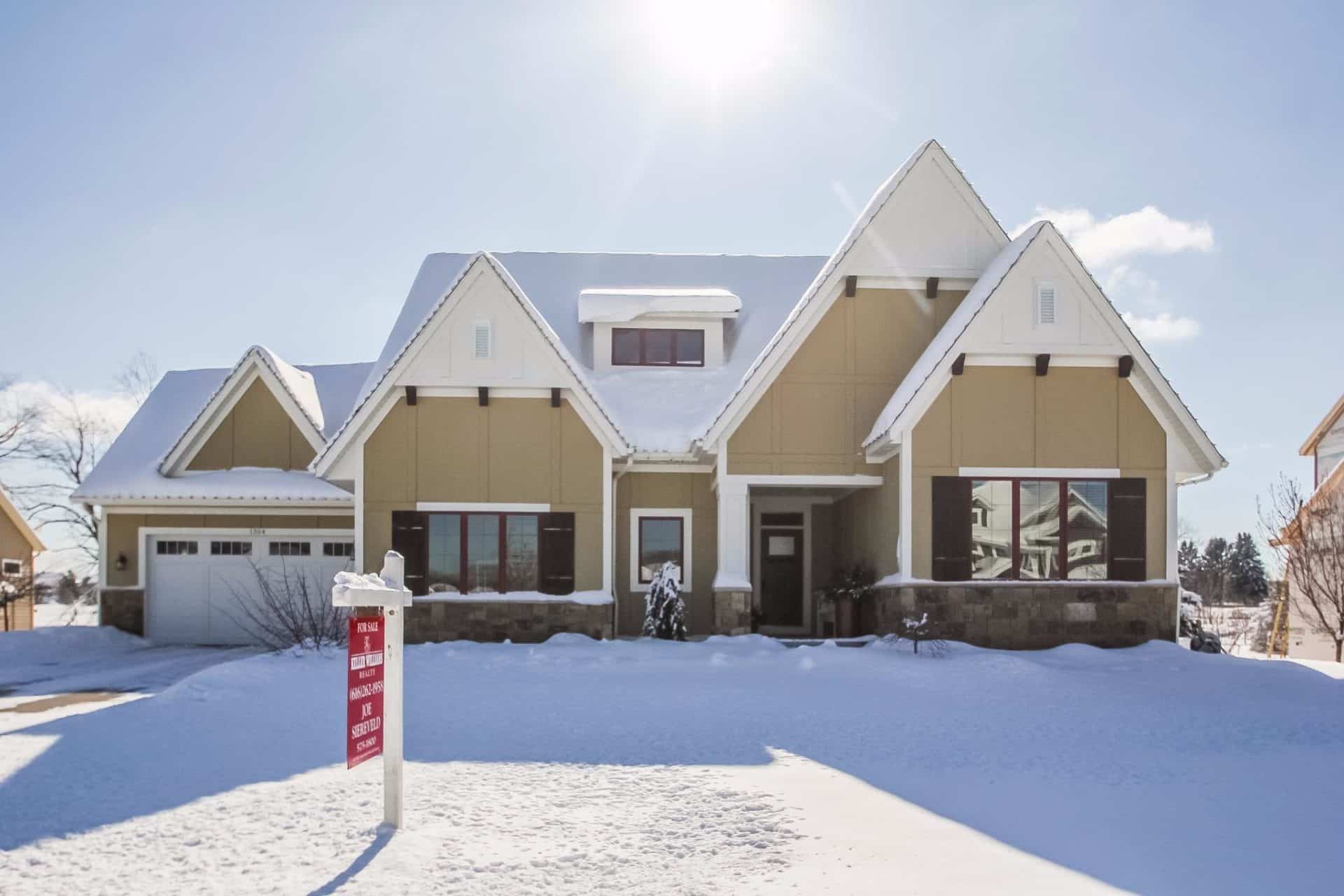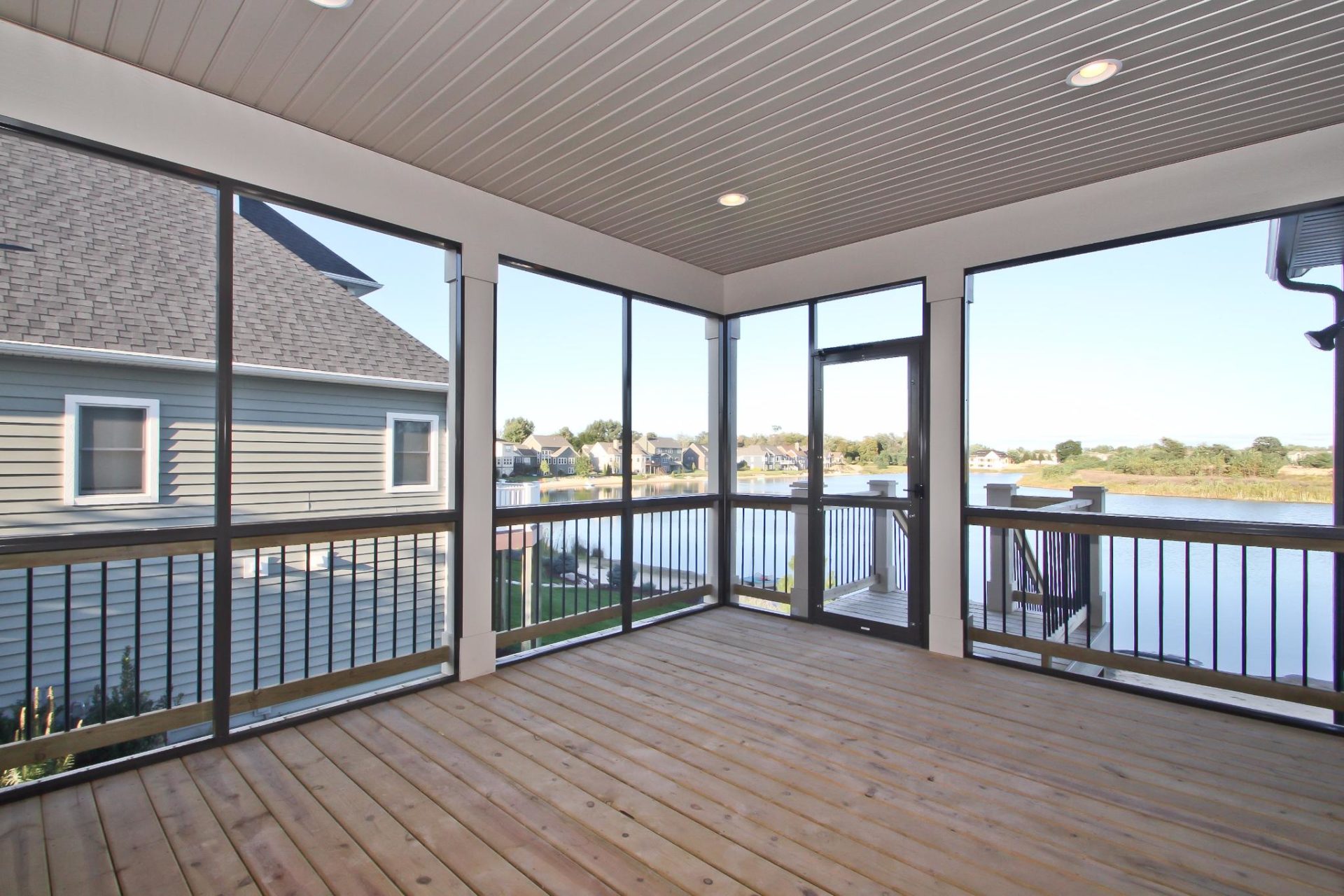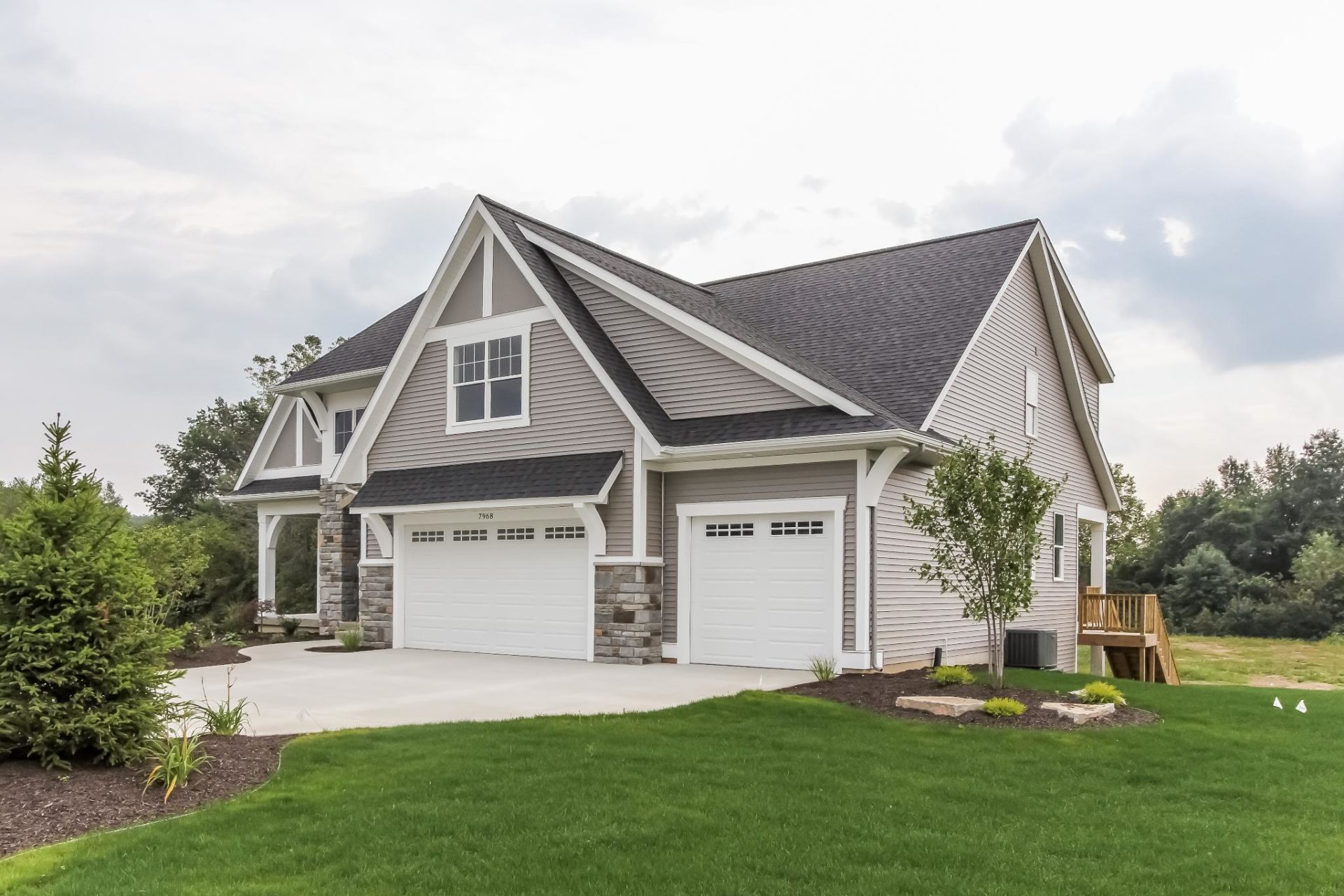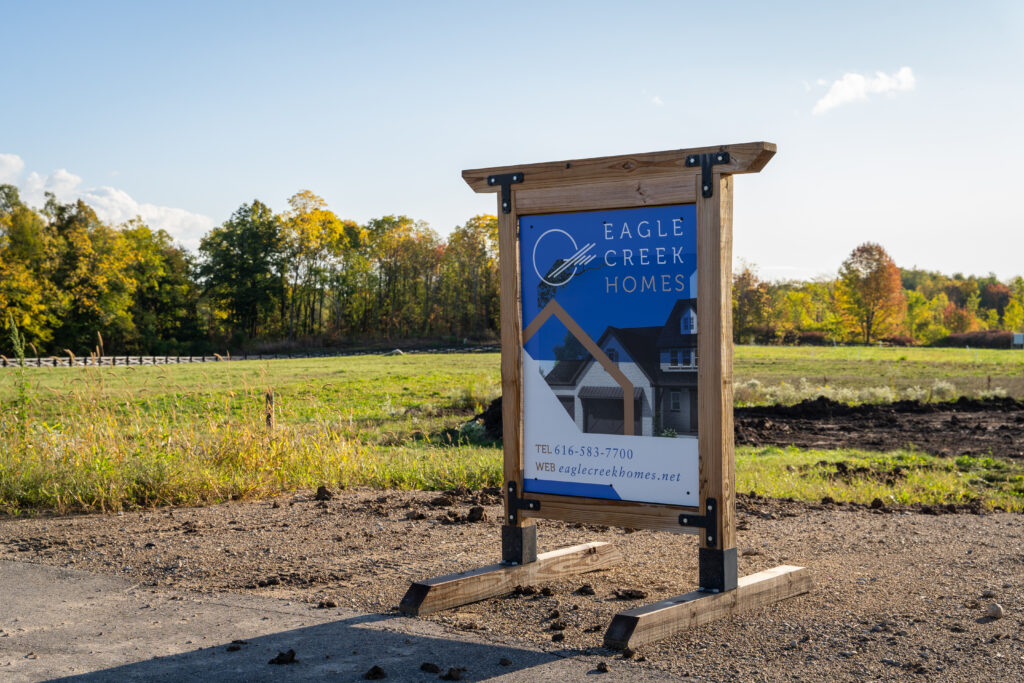Building your own house is an exciting adventure. It is an opportunity to create your dream home from the ground up, designing it to have everything you and your family need to call it home for years to come. But, just like any adventure, building a home starts with a single yet very important first step: buying land to build your home on.
Buying land for your home is one of the most important decisions you will have to make during the home building process. The land you choose can have an impact on the price of your new home, the designs and features you are or are not able to make for your home, the value of your home should you ever want to sell it some day, and many other considerations.
So, before you make any decisions or make any kind of down payment, it is crucial for the ultimate success of the custom home and your satisfaction with the project, which is obviously important, that you know what to look for when buying land.
There is much to consider when buying land, which is why we want you to be as well informed as possible so that your dream home project ends up being exactly that. Here is everything you need to know before purchasing land for a home.
Location

As they say in the real estate biz: “location is everything.” Once your home is built it isn’t going anywhere, so you want to make sure that the location you choose has everything you need not only right now but as well as having a positive outlook for the future.
What do we mean by the future outlook of your land? For example, if you are interested in building your home near a new up and coming residential community to take advantage of future commercial developments or schools, you aren’t going to want to look at large, empty plots of land miles away from your nearest neighbor.
Environmental changes are also important to consider. Sure, that pond on the property might be beautiful and a fun place for kids to play, but does it also come with the risk of flooding the property when it rains a lot?
You may also want to consider road access. You might really like a piece of land you are looking to buy but find it has limited access to the nearest road or street. Investing in this property might also require investing in creating additional access routes, which will mean extra costs and abiding by certain regulations for legal construction that could impact how the home is built.
Considerations like these can help you determine exactly how well the plot of land is suited for your home as well as where or how you will want to build your home on the property.
Utilities
The custom home building process can take as long as 12 months, but even if you won’t be moving into your home it is important to get an exact understanding of the utilities available on the property as soon as possible. In order to fulfill all your home’s future amenities, it is eventually going to need utilities like electricity, water, gas, plumbing, Internet, cable, and more.
If the land you are looking to buy doesn’t have utilities hooked up or available, this will be a crucial piece of information for the construction process. Getting these utilities hooked up will take some time and normally require third parties. Not having utilities hooked up beforehand can cause delays during construction as your builders might not be able to progress without utilities in place.
However, there is the possibility that some or all of these utilities are already available on the property. While that will help during the construction phase, it will be important for your architects to know about during the design process. Pre-existing utility hook ups will likely have an impact on the design of the house and where certain rooms or features need to be located.
Zoning
Every piece of land and any property you might be looking to buy for building a home has been zoned for a specific use, either for agricultural, industrial, recreational, or residential use. One of the most common mistakes people make when buying a plot of land to build a home is purchasing the land before making sure it is safe for residential use.
If you fall into the common pitfall, you will not be able to progress with your home building project and be forced to put the land back on the market. This won’t just significantly delay your project, it might even take your plans and designs back to the drawing board, as well as costing you in unnecessary expenses.
Properly zoning your plot of land will help you know what size and kinds of projects are allowed in the area before you even spend any money on your construction site.
Avoid this hassle by making sure you check every regulation and zoning restriction in the area of your desired plot of land. You can usually check zoning ordinances and maps by checking your local zoning office or city hall, since this information is a matter of public record. Sometimes they are even available online!
Preparation

In very few cases is a plot of land 100% ready to immediately start building on. What is more often the case is that your new land will need some work and preparation to get it ready to start building on. How much preparation a plot of land needs to get workable is a serious consideration for buying land if you want to avoid heaping on extra costs.
While a piece of land that needs a lot of work may be bought more cheaply, this usually means that however much you might “save” will be made up for in expenses in preparation or even make it more expensive than a similar property with less work needed.
Grading, excavating, and evening the grounds of a property to get it ready to build on can run anywhere from $0.47-$2.28 per inch square. Given the size and condition of the property, this can be a crippling cost for land buyers to have to swallow. There are other considerations in addition to this such as clearing trees or foliage if your property is in a heavily wooded area.
If there are any existing structures or buildings on the property, they will need to be dealt with as well, yet another preparation expense. You might want to fall in love with a property, but if it requires a lot of work before you even start laying the foundation of your new home, you need to be prepared for the extra investment.
Soil Quality
The quality and composition of soil of the land you are looking at buying is another important factor that can easily be overlooked by anxious buyers and builders. See, not all land has soil that is capable of meeting the demands of properly supporting a home.
Property soil that is too loose won’t be able to support the foundation of a home under normal circumstances. Instead, your builders will need to apply extra foundational support which will increase the cost of your project. Without proper foundational support, the foundation of your brand new home can quickly crack and crumble or cause your home to settle prematurely, which can create a number of issues.
Avoiding these issues makes getting a percolation test, a test used to determine the water absorption rate of a piece of land’s soil, an important step in the land buying process. You can also do some independent research and use resources like the United States Geological Survey to get a better idea of the soil quality of an area of land you are interested in buying.
Eagle Creek Homes can help find the right property

Building your dream custom home requires a lot of planning, but finding the right partner to guide you through the process can help you make the right decision on land for your home and budget. At Eagle Creek Homes, we understand how important your custom home building project is for you and your family. That is why we pride ourselves as a true partner and work hand-in-hand with our customers, guiding them through our excellent, transparent custom home building process.
When you work with Eagle Creek, you will never be out of the loop. Your project manager will give you updates every step of the way so you’ll know exactly what to expect at every stage of the process. You’ll see photo and video updates on the status of your home and you get calendar reminders for every important meeting.
If you are ready to start bringing your dream home to life and want to learn more about our process and customization options, request a new custom home build consultation today!


